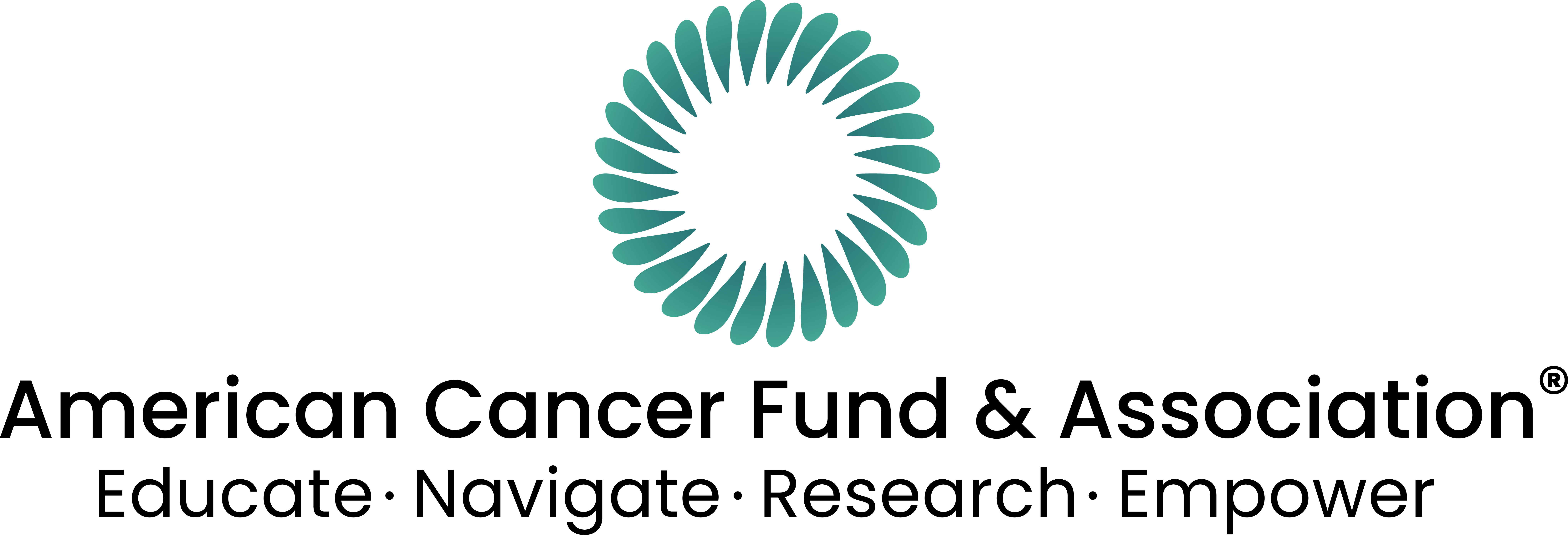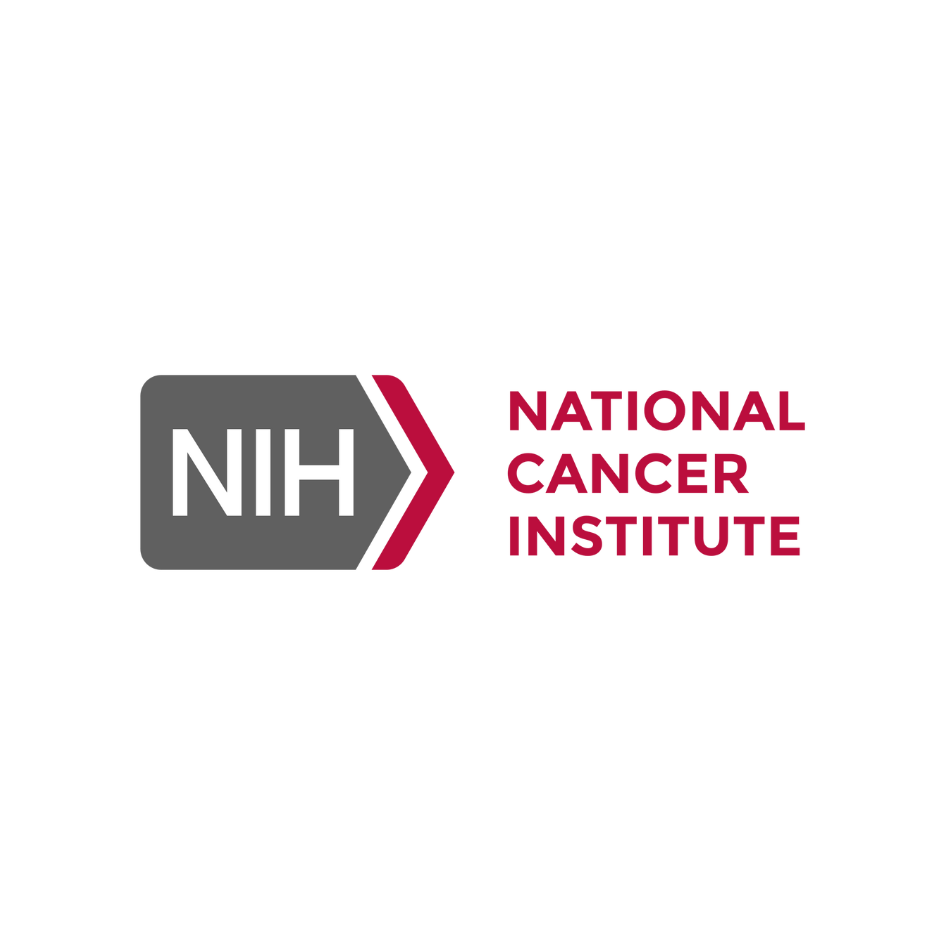Newly Diagnosed with Kidney Cancer?
start your cancer education here
If you or a loved one has been diagnosed with kidney cancer, it's important to gather as much information as possible to navigate your cancer journey effectively. At American Cancer Fund, our goal is to provide you with essential knowledge about kidney cancer such as symptoms, risk factors, and the latest research advancements to help you become an active participant in your care.
What is Kidney Cancer?
Cancer is a term used for diseases in which abnormal cells divide without control and are able to invade other tissues. Cancer cells can spread to other parts of the body through the blood and lymph systems.
Cancer is not just one disease but many diseases. There are more than 100 different types of cancer. Most cancers are named for the organ or type of cell in which they start – for example, cancer that begins in the colon is called colon cancer; cancer that begins in basal cells of the skin is called basal cell carcinoma.
Kidney Cancer is a Cancer that forms in tissues of the kidneys.
Kidney cancer includes renal cell carcinoma (a cancer that forms in the lining of very small tubes in the kidney that filter the blood and remove waste products) and renal pelvis carcinoma (cancer that forms in the center of the kidney where urine collects). It also includes Wilms tumor, which is a type of kidney cancer that usually develops in children under the age of 5.
Feel prepared for every appointment
Carrying the right information can empower you during your cancer care journey. Use these tools to help organize this information so you can be an active participant in your cancer care.
Keep them handy for use at home and bring them along to your doctor visits and other medical appointments.




